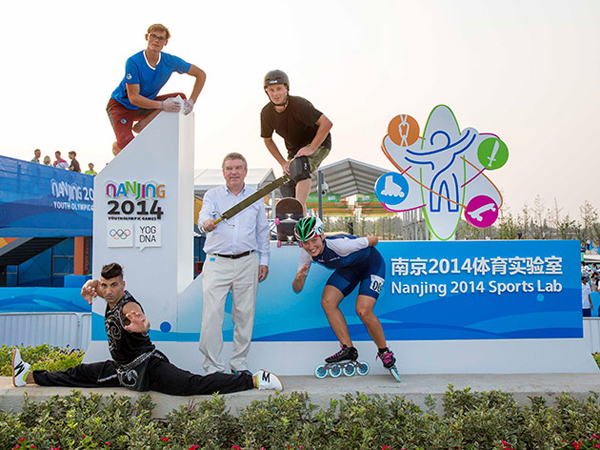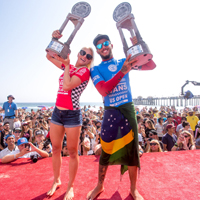
In the upcoming IOC Executive Board meeting to be held in Monaco, December 5-9, 2014, several issues are on the table. First, according to President Thomas Bach, the Olympic Agenda, programming, and selection processes will be re-examined starting with 2020.
In the future, cities entering into bids for hosting an Olympic Games will also have to take sustainability into greater consideration, as this will be a key factor in whether or not a city is chosen to host the Games.
Other key topics include how to gain credibility, particularly among youth culture. According to our Youth Culture Studies, the Olympics continues to lose face among 13-25-year-olds as being irrelevant to their lifestyles—namely because of the sports that are in the Olympics and how they are broadcast on mainstream TV.
This enters into possible new programming. The IOC will also be discussing changes with more flexible approaches to adopting new sports, and possibly moving from a sport-based approach to more of an event-based approach. This would significantly alter the format of the Olympics as it’s seen today, but clearly an update in necessary.
With this new format, the IOC is looking into the establishment of a dedicated Olympic TV channel that will promote the Olympics and its values on a year-round basis rather than just when the Games take place. However the problem with this concept is that less people are actually watching TV overall, especially among youth culture. A YouTube channel would probably be more effective than mainstream TV.
What’s interesting is that the Youth Olympic Games which took place in Nanjing in August, did offer up many of these changes, including exhibitions in skateboarding, inline skating, and indoor rock climbing. The best athletes within these disciplines were exhibited in what was called a Sports Lab which attracted large audiences.
President Bach said he was impressed with what he saw. “It is exciting to see how the Sports Lab is appreciated by the people of Nanjing. This was the idea that the people of the host city cannot only watch the Youth Olympic Games but that they can also participate,” said Bach. “For the four sports, it is a great opportunity to present themselves in an Olympic environment.”
The Nanjing 2014 Sports Lab was a showcase during a series of two-hour sessions twice daily. Top athletes from each of the sports had 30 minutes each to entertain fans with their world-class athletic abilities. Following each session, spectators were invited to try out the sports themselves while the athletes provide tips and advice.
“Each sport is fascinating,” said President Bach, talking to the press at the end of the visit. “Wushu is a great traditional Chinese martial art with a dynamism that you would have not necessarily expected and a great balance between body and mind. Climbing is displayed in a very exciting form and presents a high level of technical skills. Skateboarders are using the city as a field of play and it is just breath-taking to see what they are doing on the halfpipe. Each kid at some stage has practiced roller sports but what we see here is close to perfection. Roller sports is really breath-taking.”
It remains to be seen if the Olympics can turn itself around and actually attract a new generation of viewers before it becomes obsolete. With talks in December focusing on plans starting in 2020, which is 6 years away, that means that an entire generation of young people will already be through their teens by the time change is implemented.


